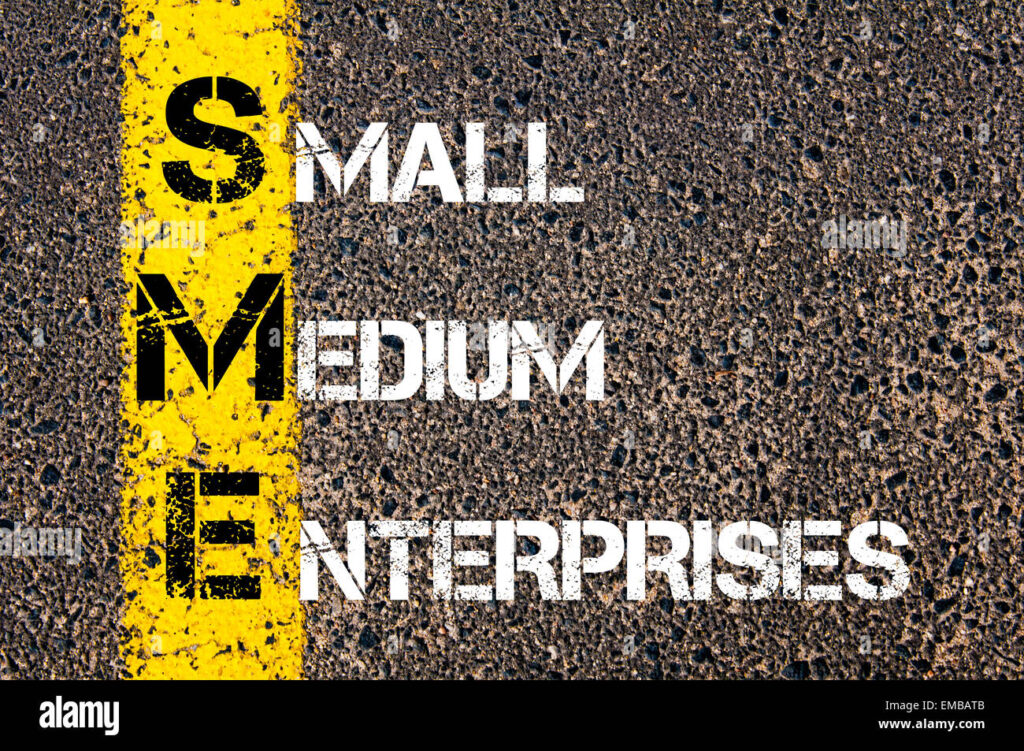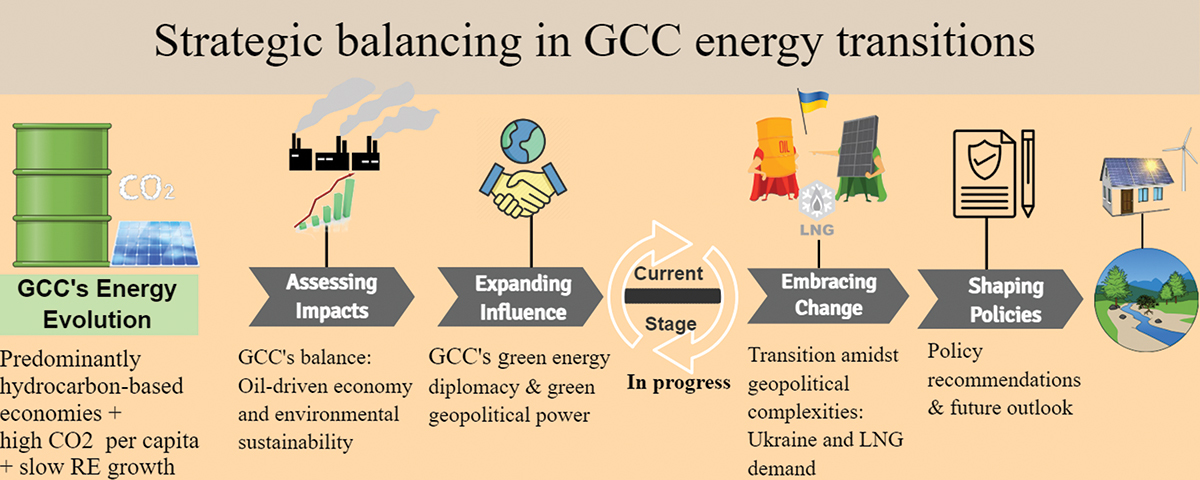Transforming Economies for a Sustainable Future
The Gulf Cooperation Council (GCC) countries—Saudi Arabia, the United Arab Emirates (UAE), Qatar, Kuwait, Oman, and Bahrain—are actively pursuing economic diversification to reduce their reliance on oil revenues and build sustainable, knowledge-based economies. These nations are implementing a range of strategies to foster growth across various sectors, aiming to create resilient economies for the future.
1. Visionary National Development Plans
Each GCC country has crafted its own strategic roadmap to guide economic diversification:KPMG
- Saudi Arabia’s Vision 2030: Aiming to transform the economy by developing public service sectors such as health, education, infrastructure, recreation, and tourism.
- UAE Centennial 2071: Focusing on making the UAE the best country in the world by its centenary, with an emphasis on education, economy, and government efficiency.
- Qatar National Vision 2030: Seeks to transform Qatar into an advanced society capable of sustainable development by 2030.
- Kuwait Vision 2035: Aims to transform Kuwait into a financial and trade hub.
- Oman Vision 2040: Focuses on economic diversification and sustainable development.
- Bahrain Economic Vision 2030: Aims to create a competitive, open, and sustainable economy.
These visions are tailored to each nation’s unique strengths and aspirations, collectively contributing to the region’s diversification efforts.
2. Investment in Renewable Energy

Shifting towards renewable energy is a key component of the diversification strategy:
- Saudi Arabia: Plans to generate 58.7 GW of renewable energy by 2030, including significant investments in solar and wind projects.
- UAE: Aims to derive 50% of its power from clean resources by 2050, with projects like the Mohammed Bin Rashid Al Maktoum Solar Park leading the way.
- Qatar: Investing in liquefied natural gas (LNG) as a cleaner energy alternative, aiming to increase its LNG production capacity
These initiatives not only promote environmental sustainability but also position the GCC as leaders in the global energy transition.
3. Development of Non-Oil Industries
Diversifying beyond oil involves nurturing various sectors:
- Tourism: Qatar aims to increase tourism’s GDP share to 12% by 2030, investing in infrastructure and targeting markets like India and China
- Manufacturing and Technology: The UAE and Saudi Arabia are investing in manufacturing and technology sectors, with the UAE’s Dubai International Financial Centre (DIFC) hosting over 2,500 companies and contributing 15% to Dubai’s GDP.
- Financial Services: Bahrain and Kuwait are enhancing their financial sectors, implementing reforms to attract international banks and investors.
These efforts aim to create a diversified economic base, reducing vulnerability to oil price fluctuations.
4. Infrastructure and Urban Development
Modernizing infrastructure is crucial for economic growth:
- Saudi Arabia: Investing in megaprojects like Neom, a $500 billion smart city, to diversify the economy and create new industries
- UAE: Developing world-class infrastructure, including airports, seaports, and urban developments, to support tourism and trade.
- Qatar: Preparing for global events like the FIFA World Cup 2022 by upgrading infrastructure, enhancing its status as a tourist destination.
These developments are designed to support diversified economic activities and improve quality of life.
5. Promotion of Entrepreneurship and SMEs

Fostering entrepreneurship is vital for innovation and job creation:
- UAE: Providing funding, mentorship, and regulatory support to startups, aiming to position Dubai as a global tech hub.
- Saudi Arabia: Implementing initiatives to support small and medium-sized enterprises (SMEs), recognizing their role in economic diversification and employment.
- Qatar: Establishing incubators and accelerators to nurture startups, focusing on sectors like technology and finance.
These efforts are intended to create a dynamic private sector, driving innovation and economic growth.
6. Enhancement of Human Capital
Developing human resources is essential for a knowledge-based economy:
- Education Reform: Aligning educational curricula with market needs, emphasizing STEM fields to prepare a skilled workforce.
- Labor Market Policies: Implementing policies to increase female labor force participation, with countries like Saudi Arabia seeing significant progress.
- Vocational Training: Offering training programs to equip citizens with skills relevant to diversified industries.
Investing in human capital ensures that the workforce can meet the demands of a diversified economy.
7. Strengthening International Trade and Investment
Expanding global economic ties supports diversification:
- Trade Agreements: Pursuing agreements like the EU-UAE free trade talks to enhance market access and economic cooperation.
- Investment Promotion: Attracting foreign direct investment (FDI) by offering incentives and ensuring a favorable business climate.
- Export Development: Supporting local businesses to access international markets, reducing dependency on oil exports.
These strategies aim to integrate GCC economies into the global market, fostering growth across various sectors.
Conclusion: Navigating Towards a Diversified Economic Horizon
The GCC countries are actively pursuing economic diversification through a combination of strategic planning, investment in key sectors, and policy reforms. While significant progress has been made, continuous efforts are required to build
Saudi Arabia’s Shocking Move: Political Prisoners Freed Amid Global Scrutiny



